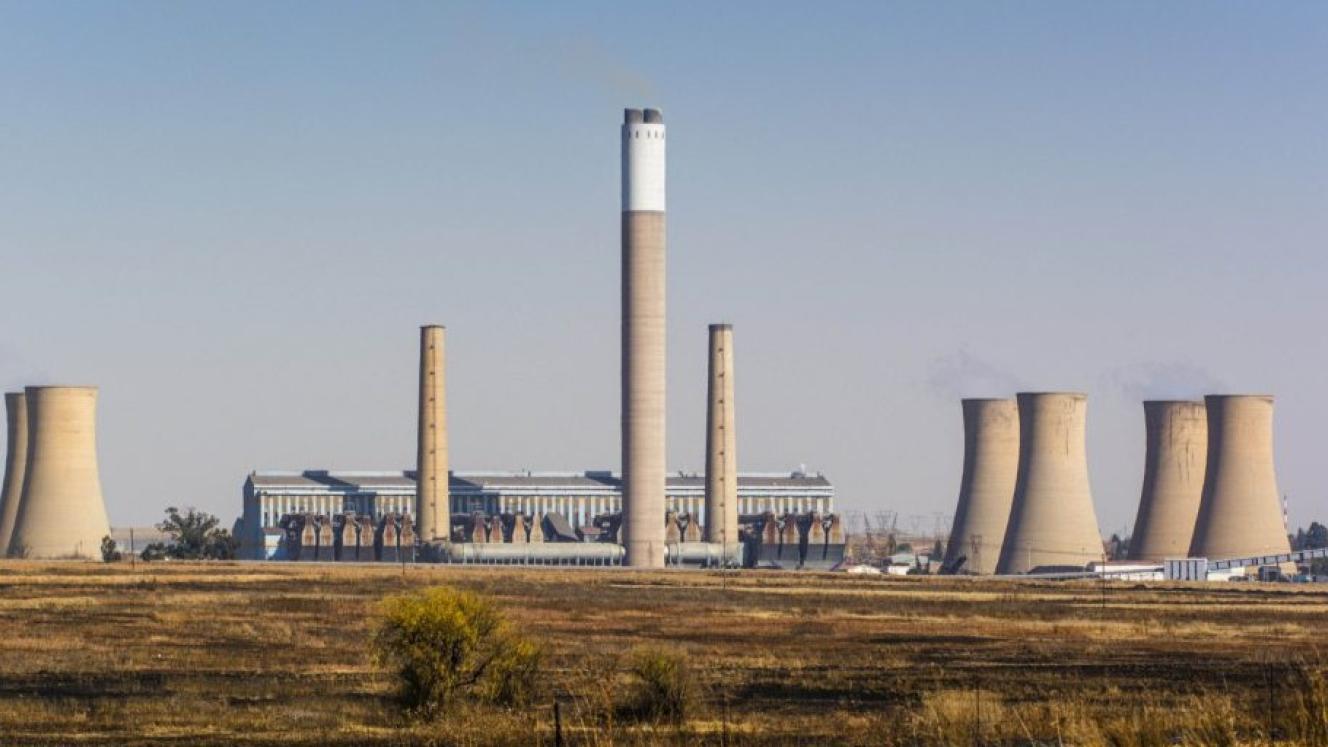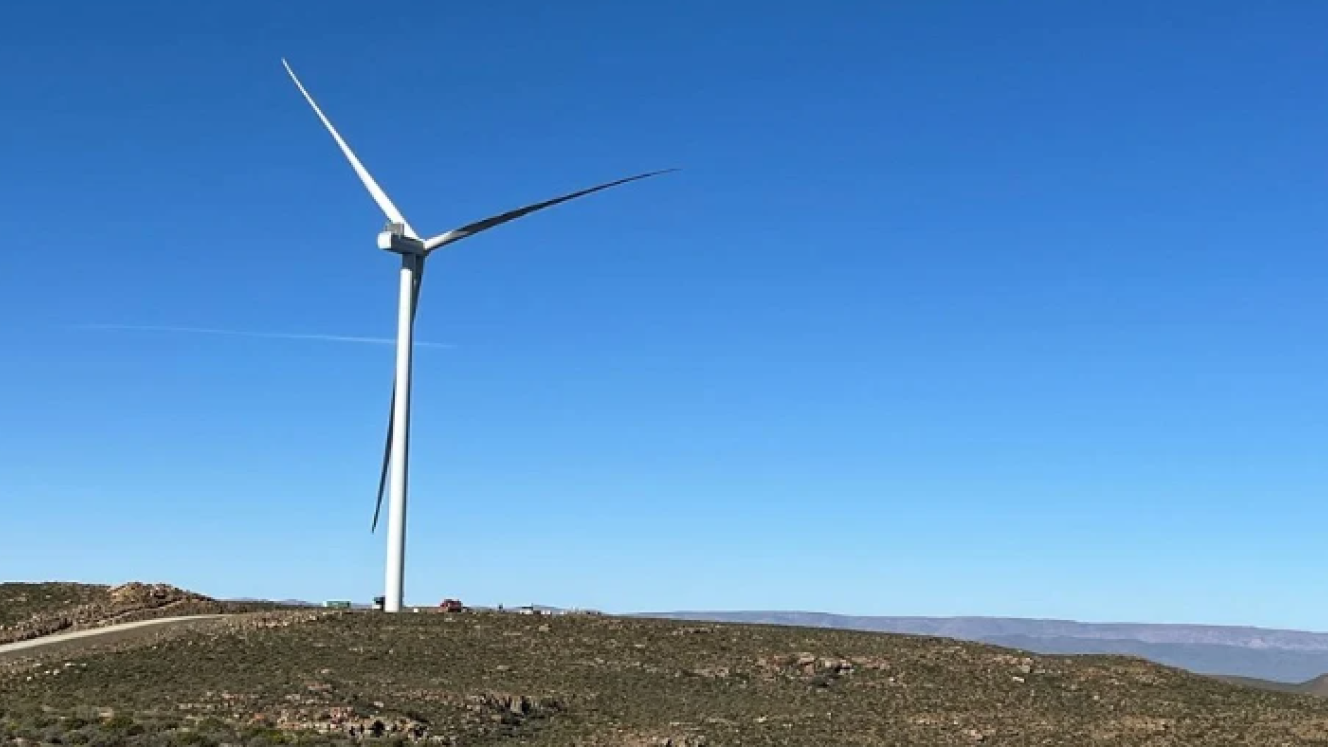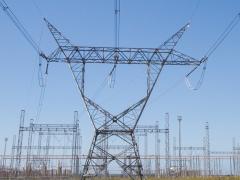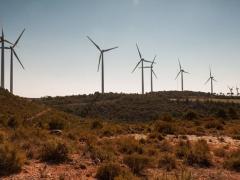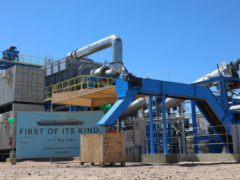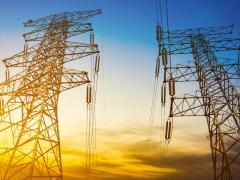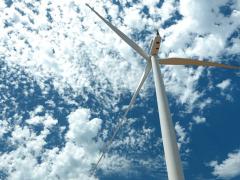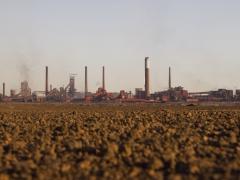The Parliamentary Portfolio Committee on Energy and Electricity has raised concerns about Eskom’s handling of the Komati Power Station closure, warning that delays in implementing replacement renewable energy projects were deepening economic strain in the local community.
During an oversight visit to the Mpumalanga site this week, the committee engaged with Eskom management, organised labour, local municipal officials, community representatives and the Presidential Climate Commission. The purpose was to assess the closure’s impact, review alternative energy plans and evaluate the utility’s commitment to the Just Energy Transition.
Eskom officials reiterated that the decision to shut down Komati in 2022 was based on multiple factors, including the advanced age of the infrastructure, escalating maintenance costs and the need to comply with stricter environmental regulations.
In response to questions about energy replacement plans, Eskom said it is adopting a phased approach to developing alternative energy projects at the site, including solar and wind. Initial developments are expected to begin within the next year.
The utility said it is also developing retraining programmes and partnerships with local businesses to support workers displaced by the closure with focus on renewable energy employment pathways. It also committed to improving its community engagement strategies.
Community leaders and union representatives expressed frustration over the lack of consultation, saying those most affected are excluded from decision-making. “The transition to renewable energy must not come at the expense of workers; their voices must be included in any future planning processes,” labour representatives said.
The surrounding community has experienced significant economic deterioration since the plant’s closure. Community members called for a comprehensive local development plan to offset these losses, representatives of the Steve Tshwete Local Municipality said.
The committee also questioned the use of funding from the World Bank, which was earmarked to support South Africa’s energy transition, including community upliftment initiatives and infrastructure development. While Eskom maintains these funds are being used to support training and renewable project development, committee members stressed the need for regular updates and greater transparency on how the funding is allocated.
